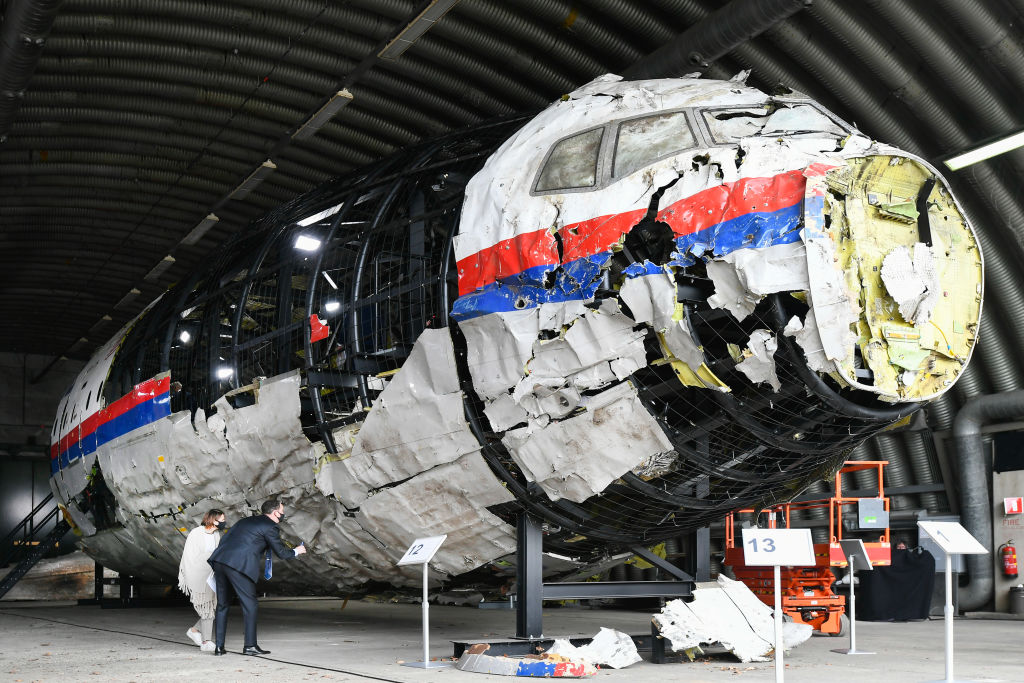ICJ rejects key parts of Ukraine's 2017 case against Russia

Judges at the International Court of Justice (ICJ) in the Hague dismissed several crucial aspects of Ukraine's case against Russia on Jan. 31, including a request that Russia pay reparations for attacks carried out by Russian forces and their proxies in Donbas after the beginning of the war in 2014.
Chief among the claims was a request to declare Russia responsible for the downing of MH17 in 2014, which killed 298 people, the majority of whom were Dutch citizens.
After an international investigation, a Dutch court in 2022 found two Russians and one Ukrainian fighting on the Russian side guilty of shooting down the airliner with a Russia-provided Buk anti-air missile system.
The ICJ decision on Jan. 31 stemmed from a case brought by Ukraine in 2017, which has taken seven years to conclude. The case originated from Ukraine's argument that Russia had financed terrorism during the conflict in Donbas.
The court noted that "the situation in Ukraine is very different today" as the two parties are "engaged in an intense armed conflict that has led to a tremendous loss of life and great human suffering."
The ruling was therefore limited in scope to the events before the full-scale invasion of Ukraine in 2022.
According to the court, Russia violated its obligation under the Terrorism Financing Convention by supplying funds and contributing weapons and training to "illegal armed groups that engage in acts of terrorism in Ukraine," the court said. The ruling was passed by 13 votes to two.
Ukraine also accused Russia of attempting to erase Tatar and Ukrainian culture in Crimea after Russia illegally annexed the peninsula in 2014, thereby violating a human rights treaty.
The court ruled in Ukraine's favor that Russia implemented a discriminatory education system in Crimea "with regard to school education in the Ukrainian language" and has not complied "with its duty to protect the rights of ethnic Ukrainians."
In regards to some of the central claims of the case, namely responsibility for the downing of MH17, the court said that Russia's violation of treaties on funding terrorism applied only to financial support, not the direct supply of weapons.
The court ordered only that Russia comply with UN treaties, including those it was found guilty of violating, but did not demand the payment of reparations.
The court's judgment is final and cannot be appealed, but it has no enforcement mechanism.
Anton Korynevych, the ambassador-at-large from Ukraine's Foreign Ministry, said the ruling was still important because it was the "first time that officially, legally, Russia is called a violator of international law."














